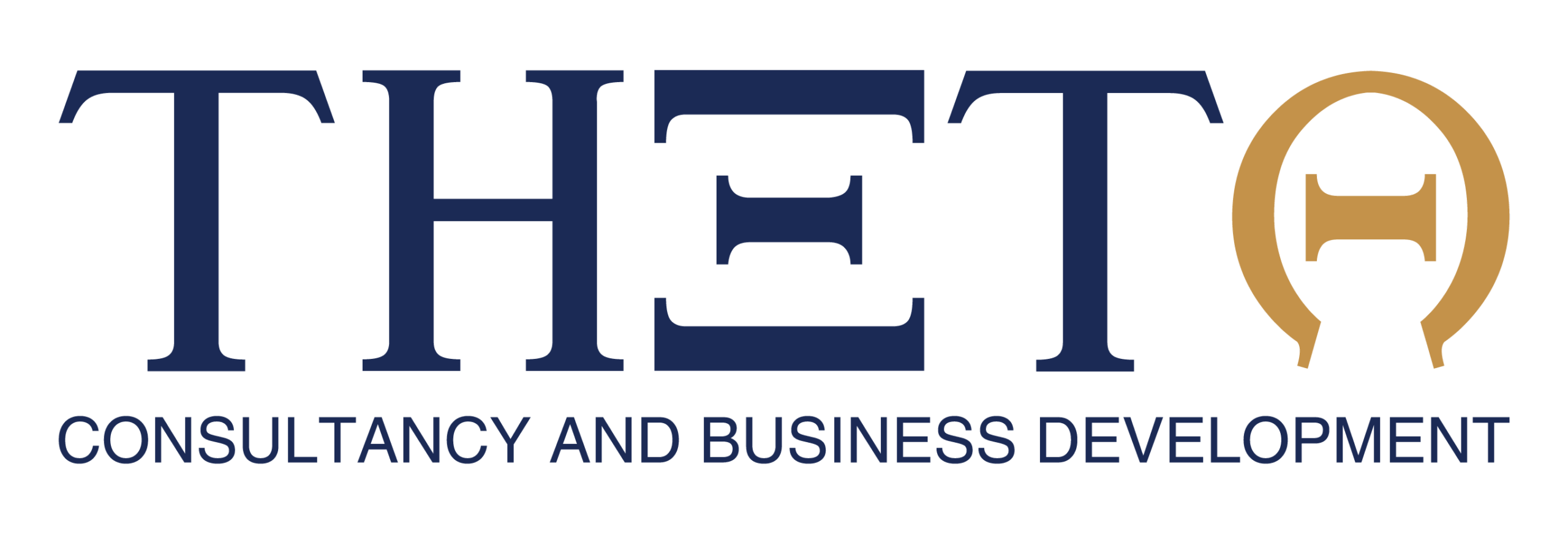Driving IVF Data Accuracy and Research in Lebanon
Project Overview
Year: 2022 | Industry: Healthcare | Country: Lebanon | Service: Digital Transformation
Introduction
An IVF clinic working with a university hospital in Lebanon was facing a significant challenge. While the clinic handled complex fertility treatments, it struggled to track data effectively. This was particularly problematic because the clinic had a dual mandate: not only to provide exceptional patient care but also to contribute to medical research and publish findings in academic journals. The lack of reliable, structured data was undermining both goals.
The Challenge
Complex Data, Fragmented Systems
- IVF cycles generate large, complex datasets over long timelines
- Patient data was siloed across multiple systems or manually recorded
The IVF process generates massive amounts of patient data over long treatment cycles. This clinic struggled to track and consolidate data across multiple touch points, leading to inefficiencies and data loss.
Impact on Clinical and Research Goals
- Clinicians lacked structured reporting for treatment outcomes
- Researchers struggled to extract reliable insights
- Academic publishing was hindered by inconsistent data
Researchers found it difficult to extract reliable insights, while clinicians lacked structured reporting to monitor success rates. Without accurate statistics, both the quality of research and patient outcomes were being compromised.
Our Approach
Tailored Software Implementation
We worked with the clinic to implement MedITEX IVF software, a specialized system designed for the unique demands of fertility care.
Centralized and Structured Data
- Unified patient records across the clinic
- Created automated reports for clinical and academic use
- Enhanced regulatory compliance and data security
Collaboration and Change Management
- Worked closely with clinicians and researchers
- Provided training and ongoing support to ensure adoption
The solution centralized data collection, organized patient information, and created accurate reports that could be used for both clinical decision-making and academic publications.
The Outcome
The digital transformation delivered measurable improvements:
- Researchers now access accurate, structured data for publications and academic studies.
- Clinicians can track IVF cycles more effectively, analyze outcomes, and make informed decisions.
- The clinic has shifted from fragmented records to a centralized database that enhances both medical practice and academic credibility.
The impact was substantial. Physicians gained access to detailed statistics that improved their ability to monitor treatment progress and adjust protocols. At the same time, researchers could confidently use the system’s data for medical journal publications, enhancing the clinic’s reputation in the academic community. By combining care and research, the clinic successfully bridged clinical outcomes with scientific advancement.
Broader Impact of Digital Transformation
The clinic shifted from fragmented paper records to a centralized, digital-first system and it enhanced its reputation as both a healthcare provider and research institution.
Closing Insight
Beyond Operational Efficiency
This transformation shows that digital healthcare solutions can empower institutions to fulfill both their clinical and academic missions.
Positioned for the Future
Theta’s digital solution allowed the clinic to integrate care and research, becoming a model for similar institutions in the region and beyond.






